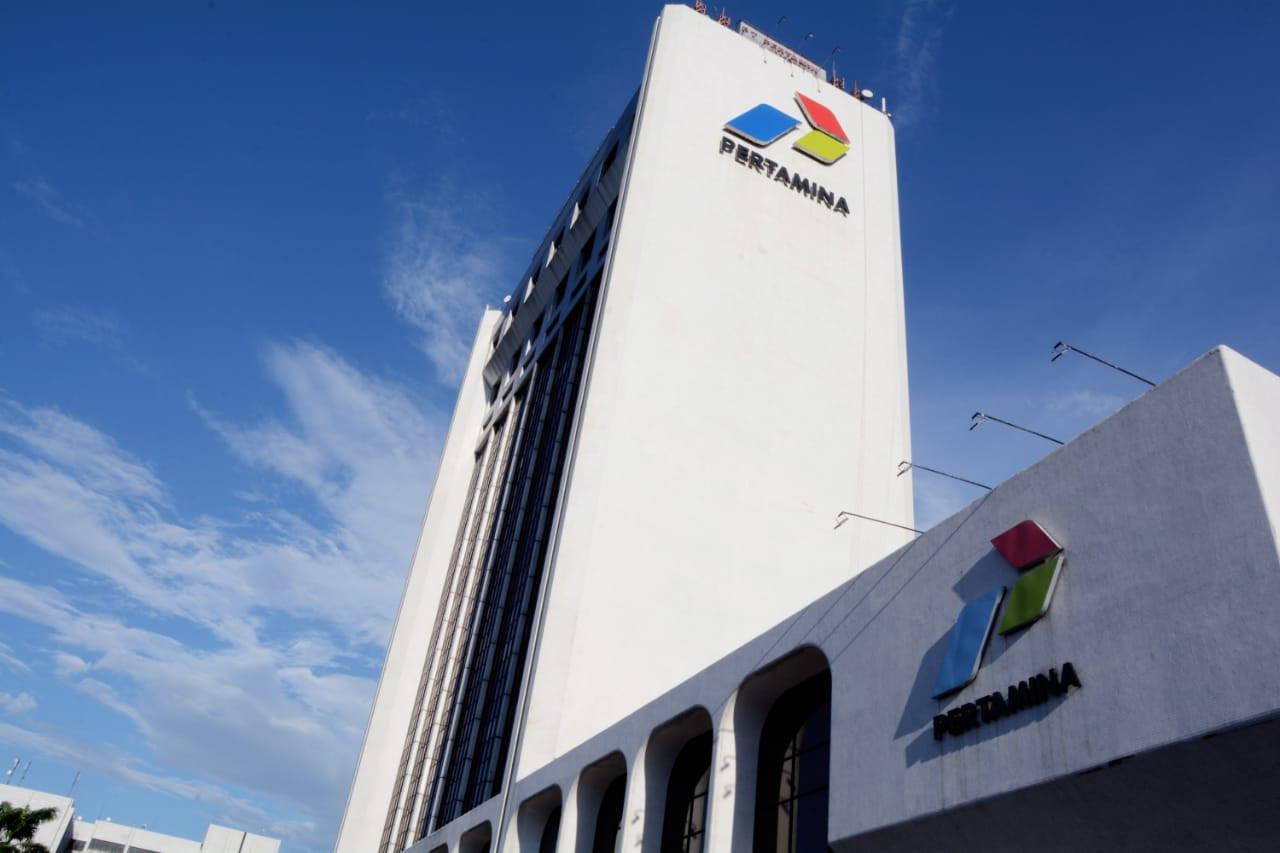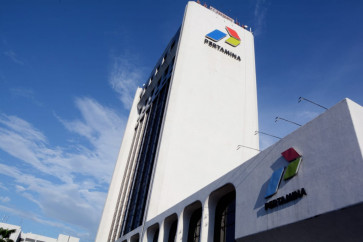Popular Reads
Top Results
Can't find what you're looking for?
View all search resultsPopular Reads
Top Results
Can't find what you're looking for?
View all search resultsStrategic alliances to unfold new era in Indonesian oil and gas
A more collaborative system of strategic alliances is the way forward to meet Indonesia’s ambitious 2030 oil and gas aspirations.
Change text size
Gift Premium Articles
to Anyone
I
ndonesia’s oil and gas production has been declining over the past decade. Oil production fell from 970 million barrels of oil per day (MBOPD) in 2010 to just 710 MPOBD in 2020.
We are already seeing an accelerating decline in the production of both oil and gas, primarily driven by the natural decline of mature assets. Compounding this challenge has been the reduction in capital expenditure in recent years, triggered by the 2014 oil price drop and reducing resources to develop. As a result, the capital allocated to oil and gas exploration almost halved in 2014-2018.
Indonesia has an aspirational target to reverse this decline and deliver 1,000 MBOPD of oil and 12,000 million standard cubic feet (MMSCFD) of gas by 2030, a rise of 30 percent and 60 percent respectively, to meet energy demand.
Realizing these goals will require focus in four strategic areas: (1) managing baseline production, (2) accelerating conversion from resource to production, (3) implementing enhanced oil recovery (EOR) technology and (4) enhancing exploration.
Each focus area presents specific challenges which must be overcome. Operational excellence and robust reservoir management will be critical to sustaining baseline production while tackling cost challenges in the journey from resource to production. Narrow success in the use of EOR technologies must be overcome and advancements maintained while mitigating high capital cost requirements. Indonesia must also overcome its stalling exploration segment, which has had a reserve-replacement ratio of just 60 percent over the last four years.
The industry also faces wider challenges with the uncertainty of future oil prices compounded by the green energy shift by the supermajors and global oil companies. Average capital expenditure on green energy was 10 percent in 2020 compared to 3 percent in 2018, and is expected to reach 30 percent by 2030. Many global investors are shifting from fossil fuels toward cleaner energy.
This presents an uncertain platform for the entire oil and gas ecosystem and requires a shift to a more collaborative system of strategic alliances, whereby operators and contractors not only share risks and upsides but also optimize joint ways of working with better planning, culture and technology transfers, with a fit-for-purpose program.


















